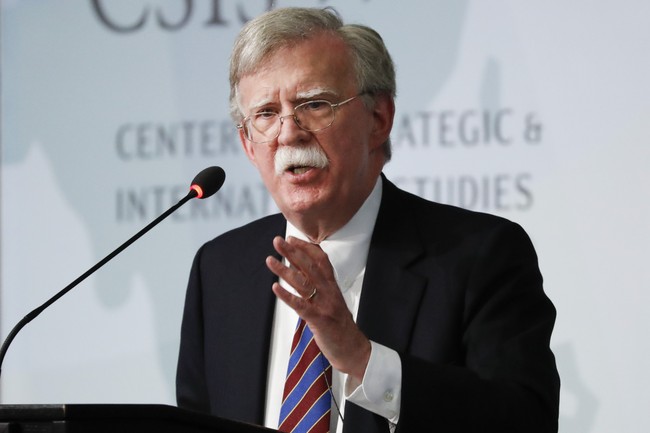Comedian Jon Stewart was left stunned on Thursday after New York Times columnist Ezra Klein detailed the lengthy and complex process behind the Biden-Harris administration’s $40 billion rural broadband initiative, which has yet to break ground after three years since being signed into law.
Stewart was taken aback by the bureaucratic hurdles involved in rolling out the program, which was a key part of the Bipartisan Infrastructure Law (BIL) signed by President Joe Biden in 2021.
Klein spent several minutes explaining the multi-step process required for states to begin implementing the rural broadband project.
Elon Musk Called This Financial News ‘Terrifying’
The 14-step procedure, designed to ensure proper distribution of funds and resources, left Stewart increasingly incredulous as Klein outlined each stage.
“Step 12: States must run a competitive sub-granting process,” Klein explained about four and a half minutes into his breakdown.
Stewart’s reaction was immediate, as he exclaimed, “Oh my fucking God.” Klein, continuing his detailed explanation, noted that the process had already resulted in setbacks.
“Yeah, none of that could have happened along the way here. We have now lost 17 more applicants. So now 30 of 56 have completed step 12,” Klein said.
FREE Concealed Carry Gun Laws & Reciprocity Map
The process doesn’t end at step 12.
Klein continued to outline the final steps, which involve states submitting proposals to the National Telecommunications and Information Administration (NTIA) for review before the program is authorized.
However, Klein pointed out that only three of 56 jurisdictions had made it to step 13.
Stewart, by this point, was visibly overwhelmed, groaning as Klein continued.
“I’m speechless, Ezra,” Stewart said.
“Honestly, like it’s, uh, far worse than I could have imagined. But the fact that they amputated their own legs on this is what’s so stunning.”
Stewart’s reaction highlighted the frustration surrounding the slow pace of a program that was intended to address broadband access issues, especially in rural areas.
The Biden-Harris administration’s rural broadband plan, intended to bring high-speed internet to underserved areas, has been bogged down by bureaucratic delays and regulatory requirements.
Among the obstacles outlined by Klein were mandates for participating internet service providers to adhere to environmental initiatives and the use of union labor, all stipulated in a 98-page document detailing the program’s rules.
The slow progress of the rural broadband plan follows a similar pattern seen with the administration’s electric vehicle (EV) infrastructure initiative.
Despite spending over $7 billion on the program, only seven electric vehicle chargers had been installed by April 2024, further raising concerns about the administration’s ability to efficiently roll out major infrastructure projects.
The delay in implementing the rural broadband plan has raised questions about the effectiveness of the administration’s handling of key infrastructure initiatives.
While the Biden-Harris administration has emphasized the importance of bridging the digital divide in rural America, the prolonged delay in implementing the broadband project highlights the difficulties involved in navigating complex regulatory processes and political obstacles.
With the program still stalled at step 13 for most jurisdictions, the future of the rural broadband initiative remains uncertain, and questions about its success or failure continue to loom.
American Made Patriotic Apparel – Save 15% with Promo Code MERICA
The opinions expressed by contributors and/or content partners are their own and do not necessarily reflect the views of LifeZette. Contact us for guidelines on submitting your own commentary.
Read the full article here


![Jon Stewart Left Speechless Over Dems $40 Billion Broadband Boondoggle [WATCH] Jon Stewart Left Speechless Over Dems $40 Billion Broadband Boondoggle [WATCH]](https://www.rvmnews.com/wp-content/uploads/2024/11/2024.11.10-12.03-rvmnews-6730a1088a3cb.jpg)




![Failed Trump Assassin Tries to Stab Himself in the Neck After Guilty Verdict is Read [WATCH] Failed Trump Assassin Tries to Stab Himself in the Neck After Guilty Verdict is Read [WATCH]](https://www.lifezette.com/wp-content/uploads/2024/09/2024.09.16-03.40-lifezette-66e8517009f7e.jpg)




